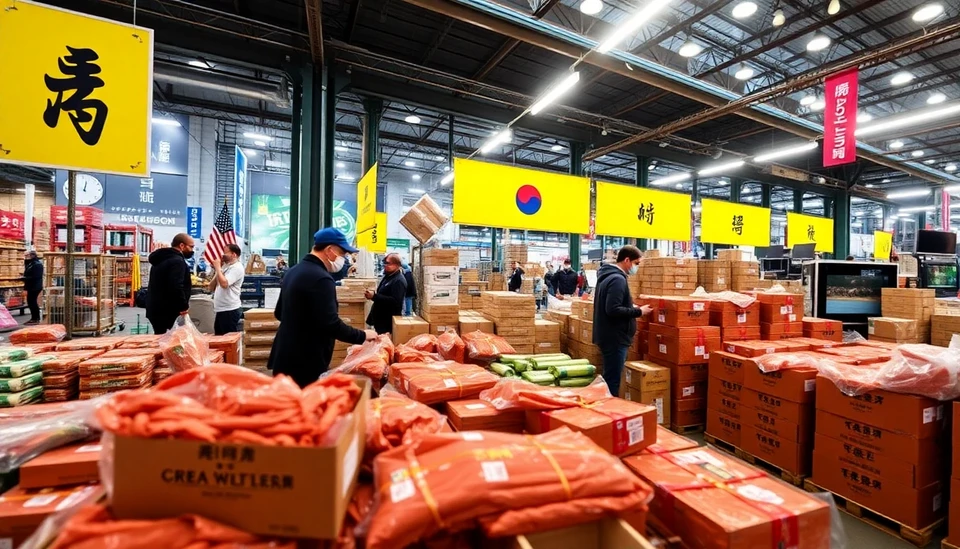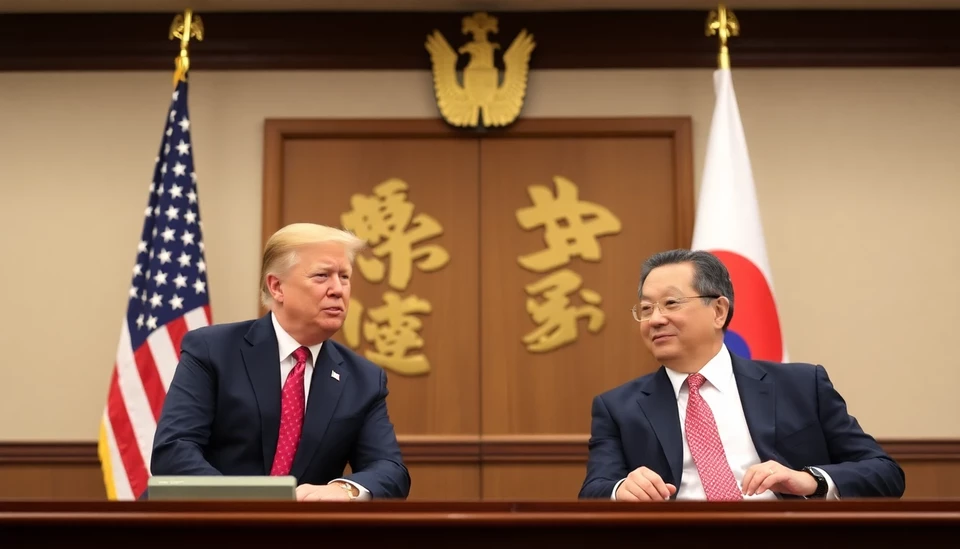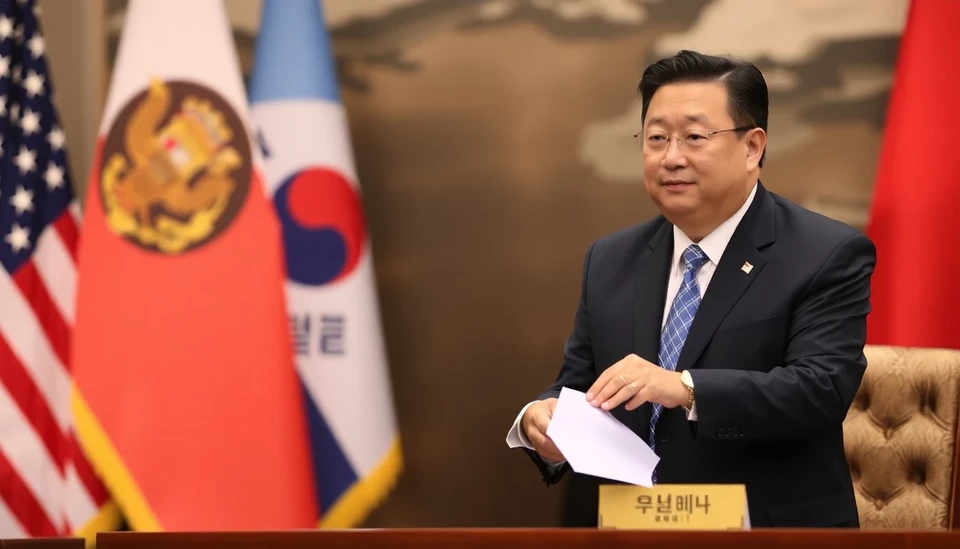
A recent study has unveiled alarming projections regarding the South Korean economy in the event of the reinstatement of tariffs by former President Donald Trump. The research indicates that if Trump were to be re-elected and implement his previously established tariff policies, it could lead to a significant contraction of South Korea's GDP.
The analysis, conducted by economic experts, highlights how Trump's 25% tariffs on automobiles and 10% on other goods could severely impact South Korean exports, particularly in the manufacturing sector. This sector is a crucial pillar of the South Korean economy, which relies heavily on its ability to export vehicles and electronics. The study suggests that such tariffs could shrink South Korea's GDP by as much as 2% over a short term, resulting in substantial ramifications for employment and economic growth.
Moreover, with South Korea being one of the world’s largest car manufacturers, the potential return of Trump's tariffs is raising concerns among analysts and industry stakeholders. The tariffs would not only diminish South Korean competitiveness in the global market but could also lead to retaliatory measures from other nations, further escalating trade tensions and uncertainty.
In light of these findings, South Korean policymakers are urged to strategize and seek possible mitigative solutions, including diversifying their export markets and reinforcing domestic industries to withstand external pressures. The urgency is compounded by the ongoing global economic shifts and the fierce competition within the automotive and high-tech sectors.
Business leaders have expressed growing apprehension regarding future trade relations with the United States. Many fear that the reintroduction of significant tariffs could result in long-term structural changes in trade dynamics, affecting not only South Korea but also its partnerships with other countries involved in the supply chain.
As the U.S. approaches the upcoming elections in 2024, South Korean officials are closely monitoring the political landscape, recognizing that the outcome could have profound implications for their economic stability. The study serves as a wake-up call for the South Korean government to prepare for varied scenarios and consider proactive measures to cushion the economy against potential fallout from international trade policies.
In summary, the analysis underscores the perilous path South Korea could face if Trump resumes his tariff strategy, signaling an urgent need for adaptive economic planning and international cooperation.
#SouthKorea #Economy #Tariffs #DonaldTrump #TradePolicy #AutomobileIndustry #GDP #Exports #EconomicImpact
Author: Rachel Greene




